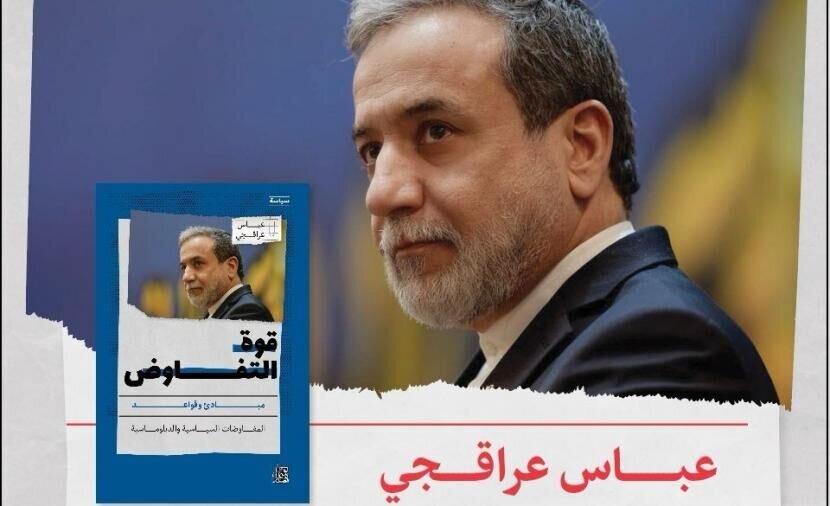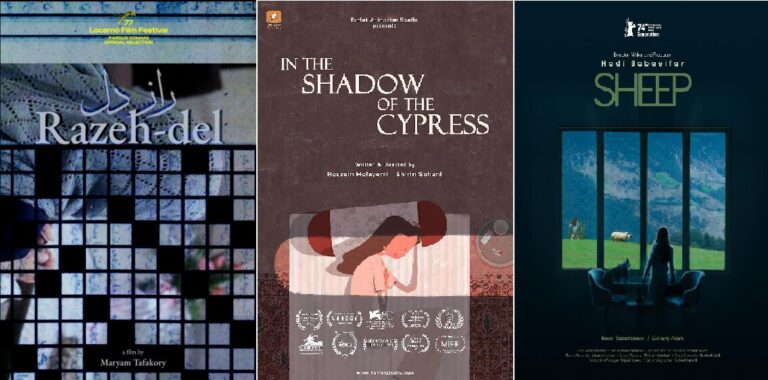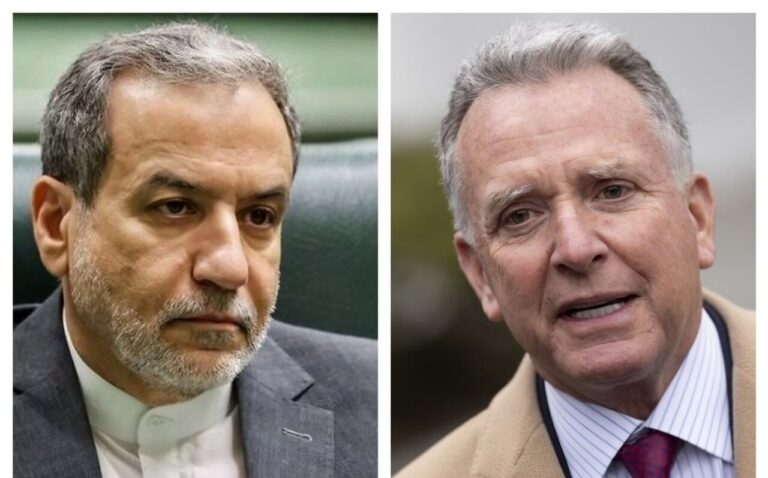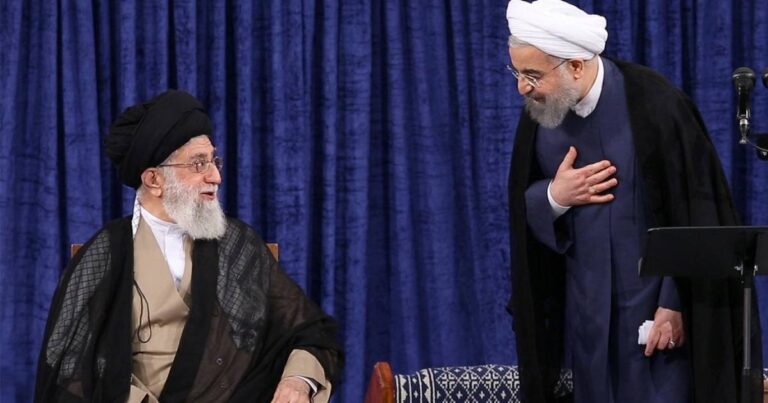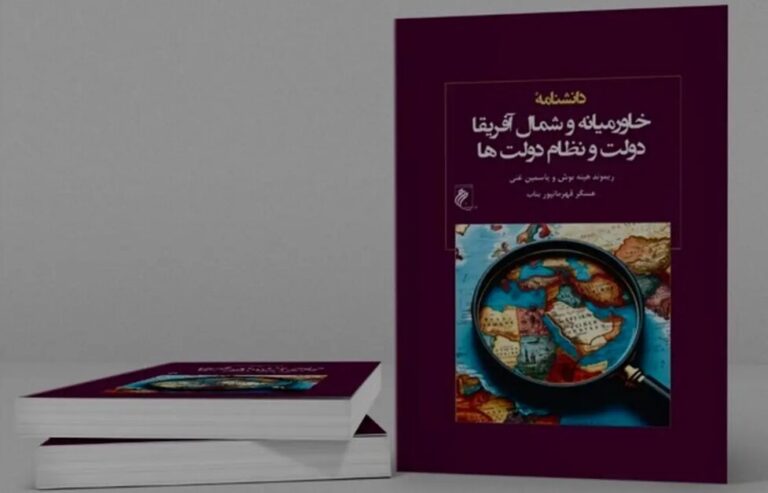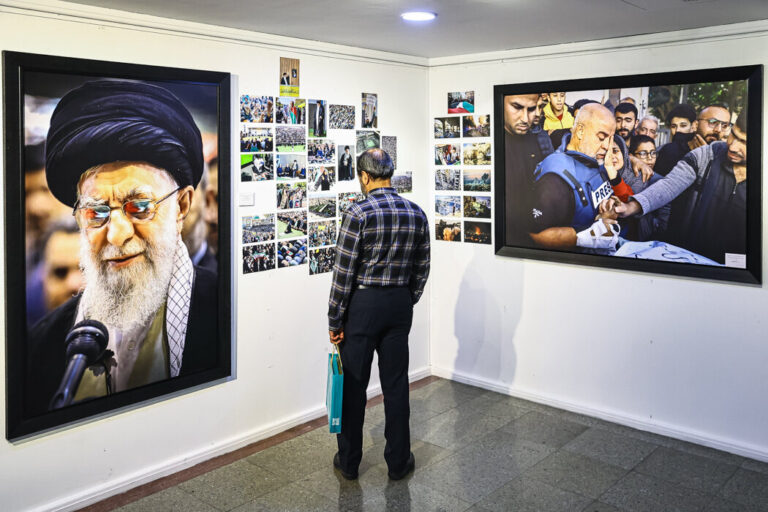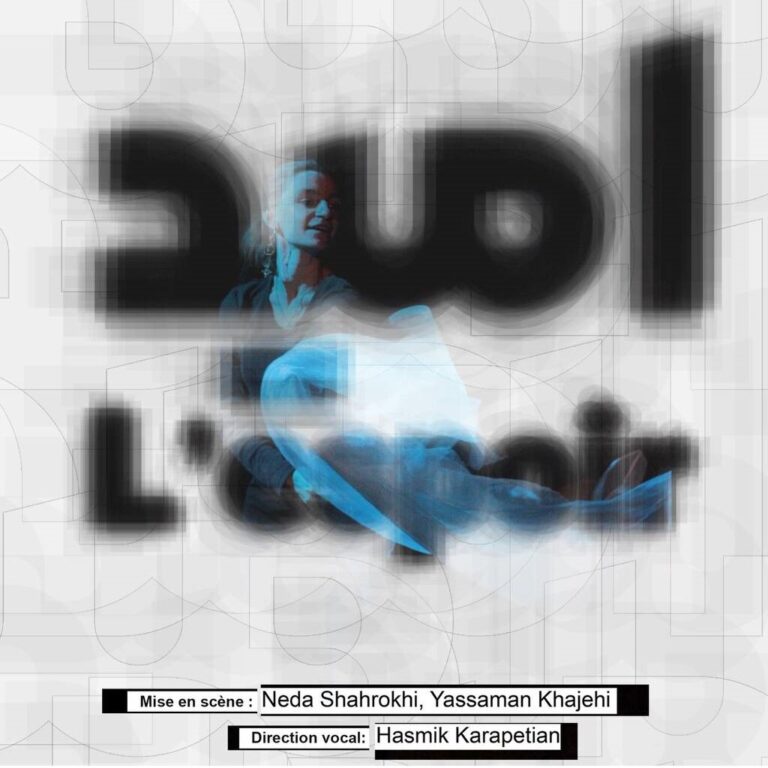Unlocking Diplomacy: ‘Negotiations’ Unveiled at Muscat International Book Fair
In a significant cultural event, the Arabic translation of “Negotiations: the Power of Diplomacy,” authored by Iranian Foreign Minister Seyyed Abbas Araqchi, was unveiled today at the Muscat International Book Fair. This momentous occasion attracted attention as the minister himself participated in the unveiling ceremony, making it a noteworthy highlight for attendees and book enthusiasts alike.
During the unveiling, Araqchi took the time to engage with visitors, personally signing copies of his book. A special dedication was made to Oman’s Foreign Minister, Badr bin Hamad Al Busaidi, who was present at the event to support this literary endeavor.
The book, published by Dar Al-Hekma Publishing in Beirut, delves into Araqchi’s negotiation strategies concerning Iran’s nuclear file. He shares insightful experiences from the nuclear negotiations that took place during the latter part of Hassan Rouhani’s presidency. This work is not only a reflection of Araqchi’s personal insights but also an important resource for understanding the complexities of diplomatic negotiations.
Translated by Fatemeh Mohammadi Sijani, “Negotiations: the Power of Diplomacy” includes:
- An introduction that sets the stage for the discussions that follow.
- Seven comprehensive chapters that cover various aspects of political negotiations.
- Insights into the characteristics that define effective negotiators.
- Detailed negotiation techniques that can be applied in various contexts.
- An exploration of the stages of negotiation and the prerequisites for successful dialogue.
Araqchi’s work emphasizes that negotiation transcends mere diplomatic encounters; it is a sophisticated art form deeply embedded in Iranian culture. This cultural nuance is particularly evident in the bustling marketplaces of Iran, where seasoned merchants employ specialized and professional bargaining techniques. This cultural backdrop enriches the understanding of negotiation as a crucial tool for diplomacy.
The timing of the book’s release is particularly significant, as it coincides with the resumption of nuclear negotiations between the Islamic Republic of Iran and the United States. As the diplomatic landscape evolves, Araqchi’s insights could play a crucial role in shaping future discussions and strategies.
In conclusion, “Negotiations: the Power of Diplomacy” offers a valuable perspective on the intricacies of negotiation, combining personal experiences with broader cultural insights. It serves as a testament to the importance of diplomacy in international relations and highlights the ongoing efforts of Iran in navigating complex geopolitical landscapes.
